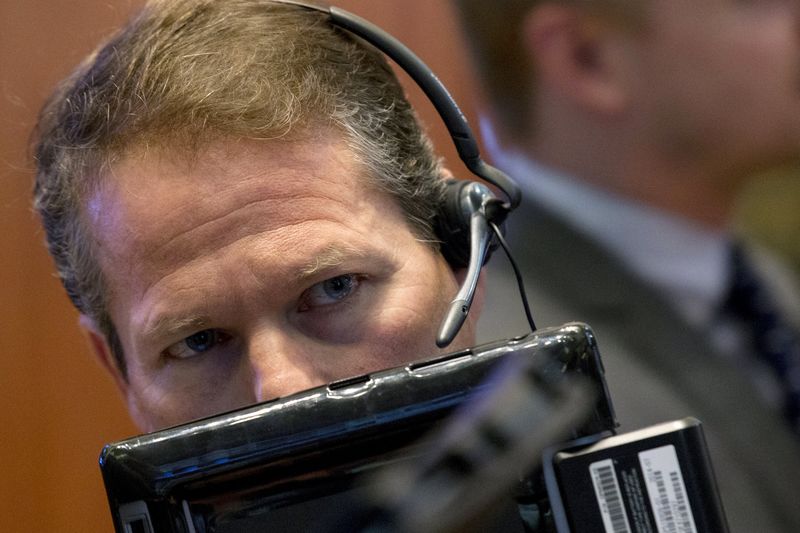Benzinga - by Piero Cingari, Benzinga Staff Writer.
The Nikkei 225, an index representing the shares of the 225 largest publicly traded Japanese companies, crossed the 39,000-point threshold, charting a remarkable U-shaped recovery through monumental economic shifts.
However, renowned investor Warren Buffett might not be as hyped about this particular milestone.
A Different Story, For A Dollar-Based Investor
In January 1990, the global landscape was revolutionized by Japanese technological innovations (i.e., televisions, cameras, and video game consoles).During this era, the Nikkei 225 peaked at 38,950 points. This marked a staggering 500% increase over the previous decade, translating to an annualized return of 20%.
For the next 34 years, the Nikkei navigated through the dot-com bubble burst, the 2008 financial crisis, the economic ascent of China, and a prolonged period of tepid Japanese economic growth accompanied by over a decade of negative interest rates.
Its current performance presents a contrasting narrative for foreign investors converting their returns into their own currencies.
The dollar-yen exchange rate is currently hovering at its highest levels since July 1990, fueled by the contrasting monetary policies of the Federal Reserve and the Bank of Japan (BoJ), as well as the varying economic growth trajectories of the United States and Japan.
In a stark departure from the BoJ’s approach of maintaining interest rates at zero or even negative levels since the end of 2010, the Federal Reserve has escalated the cost of borrowing to highs not seen in over two decades, with rates ranging between 5.25% and 5.5%.
While the Yen-denominated Nikkei has showcased a robust gain of over 160% in the past decade, this achievement is significantly diminished for dollar-based investors like Buffett who opted for the currency unhedged iShares MSCI Japan Index Fund (NYSE:EWJ).
For them, the return dwindles to just 46%, primarily eroded by the yen’s depreciation against the dollar.
The Buffett Effect
Recall last April, when Buffett augmented his investments in Japanese corporations. The Oracle of Omaha set his sights on five major Japanese trading houses: Itochu Corp. (OTC:ITOCY), Mitsubishi Corp. (OTC:MSBHF), Mitsui & Co. (OTC:MITSY), Sumitomo Corp. (NYSE:SMFG), and Marubeni Corp. (OTC:MARUY).Those entities are recognized for their diversified business operations and tend to be valued at lower or more reasonable market prices.
The “Buffett Effect” arguably catalyzed a wave of renewed enthusiasm and confidence in the Japanese stock market.
After Buffett’s notable investments in April, the Nikkei index experienced a significant 37% increase. Among the companies Buffett invested in, Mitsubishi was the standout, surpassing the overall performance of the Japanese market.
However, this period also saw the U.S. dollar strengthen dramatically, rising more than 12% against the Japanese yen. This increase in the dollar’s value had a moderating effect on the actual returns for investors who convert their earnings from Japanese stocks back into dollars.
Essentially, while the investments in Japanese stocks showed paper gains in yen, the appreciation of the dollar against the yen meant that when these earnings were converted back to dollars, the gains were less impressive than they initially appeared.
Now Read: Asia and Europe Markets Gain, Gold Advances, And Crude Oil Inches Towards $78 – Global Market Overview While The US Slept
Image: Shutterstock
© 2024 Benzinga.com. Benzinga does not provide investment advice. All rights reserved.
